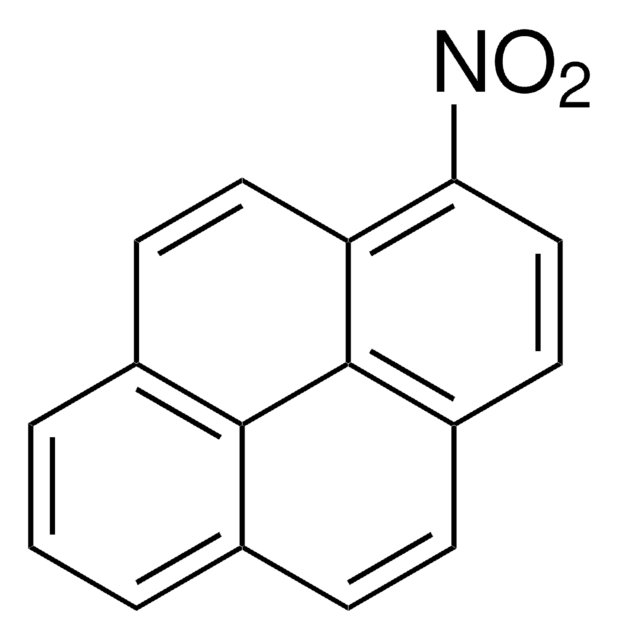N16754
2-Nitrofluorene
98%
Synonym(s):
2-Nitro-9H-fluorene
Sign Into View Organizational & Contract Pricing
All Photos(1)
About This Item
Empirical Formula (Hill Notation):
C13H9NO2
CAS Number:
Molecular Weight:
211.22
EC Number:
MDL number:
UNSPSC Code:
12352100
PubChem Substance ID:
NACRES:
NA.22
Recommended Products
Quality Level
Assay
98%
form
powder
mp
156-158 °C (lit.)
SMILES string
[O-][N+](=O)c1ccc-2c(Cc3ccccc-23)c1
InChI
1S/C13H9NO2/c15-14(16)11-5-6-13-10(8-11)7-9-3-1-2-4-12(9)13/h1-6,8H,7H2
InChI key
XFOHWECQTFIEIX-UHFFFAOYSA-N
Signal Word
Warning
Hazard Statements
Precautionary Statements
Hazard Classifications
Aquatic Chronic 2 - Carc. 2
Storage Class Code
11 - Combustible Solids
WGK
WGK 3
Flash Point(F)
Not applicable
Flash Point(C)
Not applicable
Personal Protective Equipment
dust mask type N95 (US), Eyeshields, Gloves
Choose from one of the most recent versions:
Already Own This Product?
Find documentation for the products that you have recently purchased in the Document Library.
Customers Also Viewed
W A Kappers et al.
Mutation research, 466(2), 143-159 (2000-03-23)
Three different in vitro mutation assays were used to investigate the involvement of cytochrome P450 enzymes in the activation of the nitro-polycyclic aromatic hydrocarbons (nitroPAHs) 1-nitropyrene and 2-nitrofluorene and their reduced metabolites amino-polycyclic aromatic hydrocarbons (aminoPAHs) 1-aminopyrene and 2-aminofluorene. Mutagenicity
K Hirayama et al.
Carcinogenesis, 21(11), 2105-2111 (2000-11-04)
Although the intestinal flora is believed to have a critical role in carcinogenesis, little is known about the role of the human intestinal flora on the effects of mutagens in vivo. The aim of the present study was to address
Weiying Liu et al.
Mutagenesis, 34(2), 165-171 (2018-12-28)
Metabolic activation is essential in standard in vitro genotoxicity test systems. At present, there is a lack of suitable cell models that can express the major characteristics of liver function for predicting substance toxicity in humans. Human-induced hepatocytes (hiHeps), which
Ray A Matulka et al.
Frontiers in veterinary science, 6, 477-477 (2020-01-24)
Chickens exposed to antigens produce IgY antibodies, similar in structure to mammalian IgG. Hens exposed with an allergen produced by cats (Fel d 1) results in production of anti-Fel d 1 specific IgY (AFD1), which is naturally concentrated in egg
Magdalena Wypij et al.
Molecules (Basel, Switzerland), 25(13) (2020-07-08)
The development of nanotechnology in the last two decades has led to the use of silver nanoparticles (AgNPs) in various biomedical applications, including antimicrobial, anti-inflammatory, and anticancer therapies. However, the potential of the medical application of AgNPs depends on the
Our team of scientists has experience in all areas of research including Life Science, Material Science, Chemical Synthesis, Chromatography, Analytical and many others.
Contact Technical Service

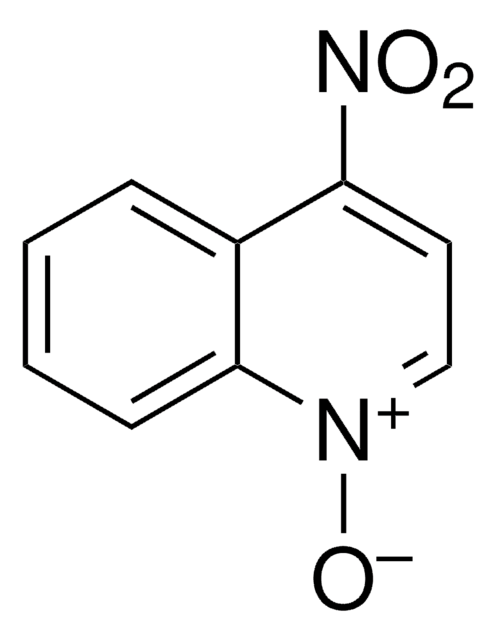

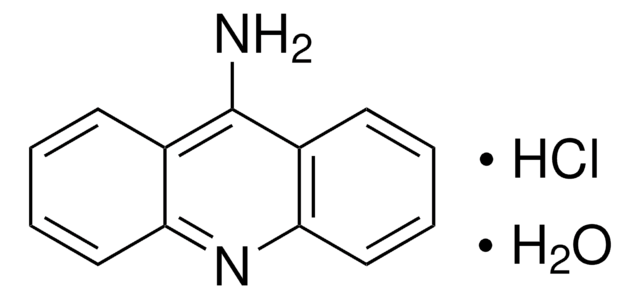
![Benzo[a]pyrene ≥96% (HPLC)](/deepweb/assets/sigmaaldrich/product/structures/253/820/be96d879-1811-46c0-8f11-612019691c2d/640/be96d879-1811-46c0-8f11-612019691c2d.png)
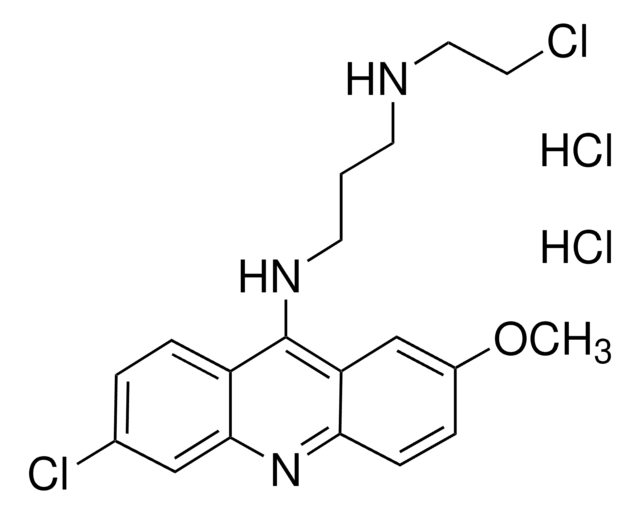






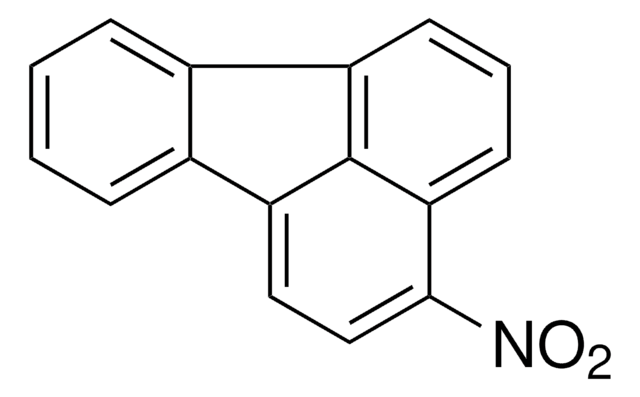
![Dibenzo[a,e]fluoranthene BCR®, certified reference material](/deepweb/assets/sigmaaldrich/product/structures/139/143/1934f254-2dd1-4d32-8aee-f2378c565bc1/640/1934f254-2dd1-4d32-8aee-f2378c565bc1.png)
